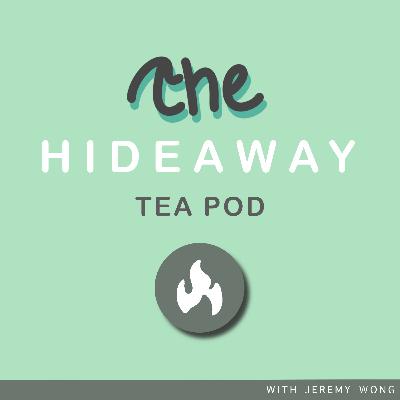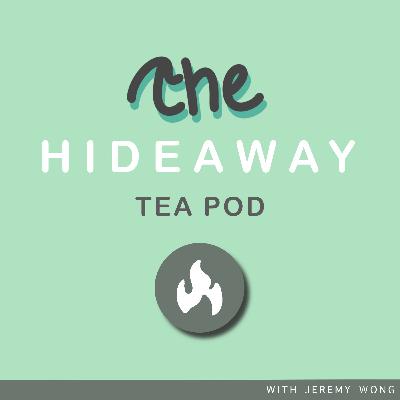The Hideaway Tea Pod
Subscribed: 0Played: 0
Subscribe
© Jeremy Wong
Description
The Hideaway Tea Pod is a podcast where Jeremy talks about all things tea. The world of tea is vast and wide (and tasty), touching numerous cultures and industries as the second most globally consumed beverage – following water. Sit back, take a breath, and get ready to learn about the arts, sciences, and wonders of the world of tea.
4 Episodes
Reverse
Comments







